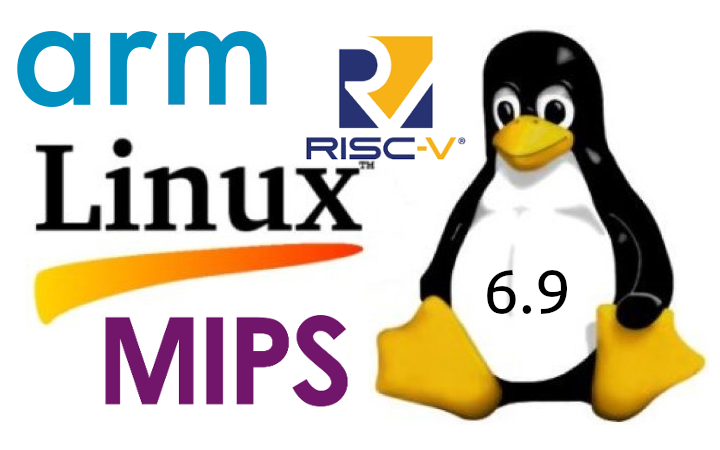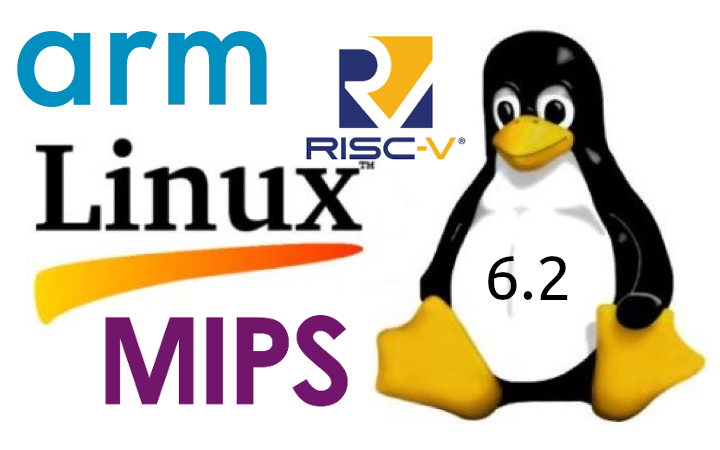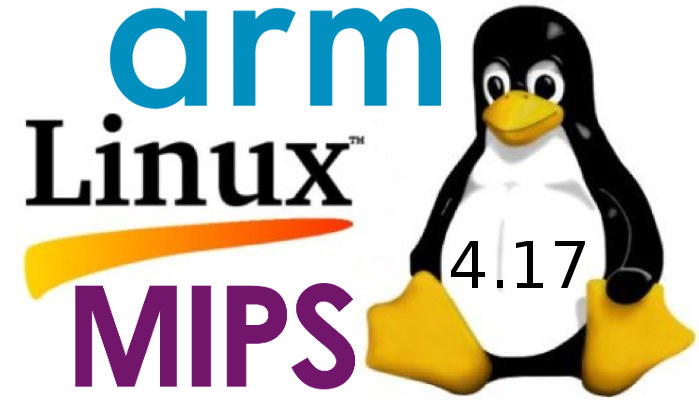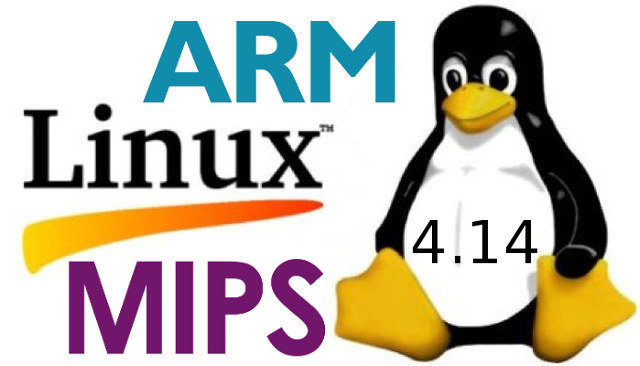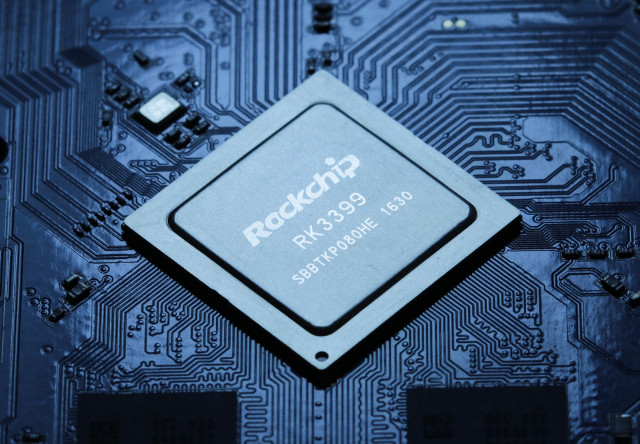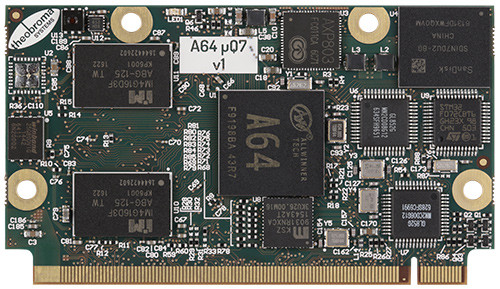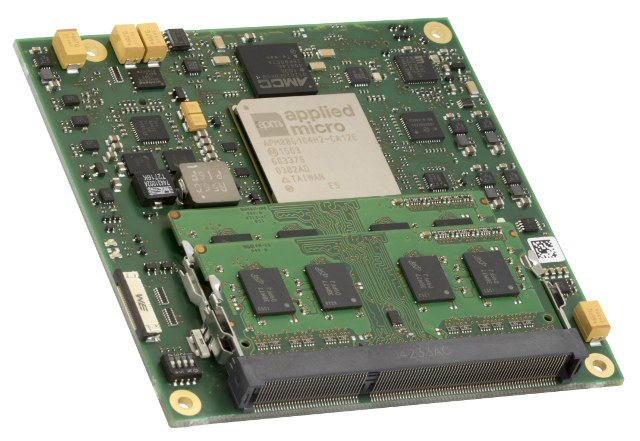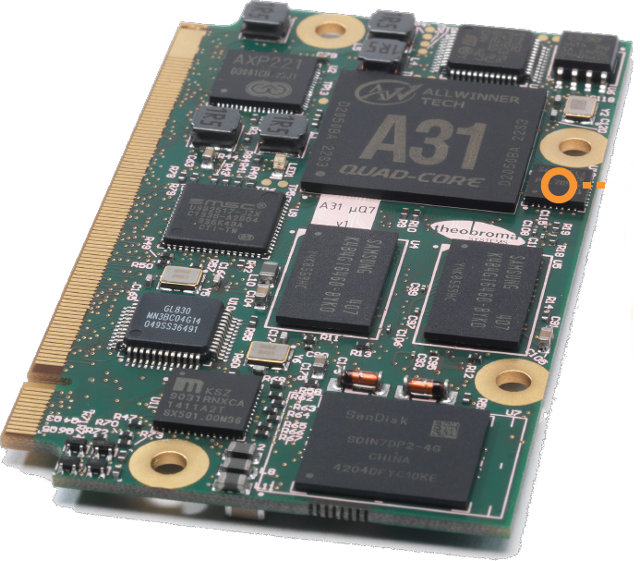Linus Torvalds has just announced the release of Linux 6.9 on LKML: So Thorsten is still reporting a few regression fixes that haven’t made it to me yet, but none of them look big or worrisome enough to delay the release for another week. We’ll have to backport them when they get resolved and hit upstream. So 6.9 is now out, and last week has looked quite stable (and the whole release has felt pretty normal). Below is the shortlog for the last week, with the changes mostly being dominated by some driver updates (gpu and networking being the big ones, but “big” is still pretty small, and there’s various other driver noise in there too). Outside of drivers, it’s some filesystem fixes (bcachefs still stands out, but ksmbd shows up too), some late selftest fixes, and some core networking fixes. And I now have a more powerful arm64 machine […]
Linux 6.2 release – Main changes, Arm, RISC-V, and MIPS architectures
Linux 6.2 has just been released with Linus Torvalds making the announcement on LKML as usual: So here we are, right on (the extended) schedule, with 6.2 out. Nothing unexpected happened last week, with just a random selection of small fixes spread all over, with nothing really standing out. The shortlog is tiny and appended below, you can scroll through it if you’re bored. Wed have a couple of small things that Thorsten was tracking on the regression side, but I wasn’t going to apply any last-minute patches that weren’t actively pushed by maintainers, so they will have to show up for stable. Nothing seemed even remotely worth trying to delay things for. And this obviously means that the 6.3 merge window will open tomorrow, and I already have 30+ pull requests queued up, which I really appreciate. I like how people have started to take the whole “ready for […]
Linux 4.17 Release – Main Changes, Arm & MIPS Architectures
Linus Torvalds released Linux 4.17 last Sunday: So this last week was pretty calm, even if the pattern of most of the stuff coming in on a Friday made it feel less so as the weekend approached. And while I would have liked even less changes, I really didn’t get the feeling that another week would help the release in any way, so here we are, with 4.17 released. No, I didn’t call it 5.0, even though all the git object count numerology was in place for that. It will happen in the not _too_distant future, and I’m told all the release scripts on kernel.org are ready for it, but I didn’t feel there was any real reason for it. I suspect that around 4.20 – which is I run out of fingers and toes to keep track of minor releases, and thus start getting mightily confused – I’ll switch […]
Linux 4.14 Release – Main Changes, ARM & MIPS Architecture
Linus Torvalds has announced the release of Linux 4.14: No surprises this week, although it is probably worth pointing out how the 0day robot has been getting even better (it was very useful before, but Fengguang has been working on making it even better, and reporting the problems it has found). Sure, some of the new reports turned out to be just 0day doing things that just don’t work (ie KASAN with old gcc versions, but also doing things like loading old ISA drivers in situations that just don’t make sense – remember when you couldn’t even ask if the hardware existed or not, and just had to know), but even then it’s been all good. The appended shortlog is obviously only for the (small) haul since rc8, and it really is tiny. Not very many commits, and they are small. The biggest thing that stands out in the diffstat […]
Theobroma Announces Rockchip RK3368 and RK3399 Qseven System-on-Modules
Theobroma Systems, an embedded system company based in Austria, has designed several Allwinner systems-on-module compliant with μQseven & Qseven standards in the past. The company has now started to work with Rockchip and reached “an advanced design stage” for the development of μQseven and QSeven systems-on-module powered by RK3368 and RK3399 processors. RK3368-uQ7 module specifications: SoC – Rockchip RK3368 octa-Core ARM Cortex-A53 processor up to 1.2GHz with Imagination Technologies PowerVR G6110 GPU System Memory – up to 4GB DDR3-1600 SDRAM on-module (512MB, 1GB, 2GB (default) and 4GB configuration available) Storage – Up to 128GB eMMC flash on-module (8GB default), 16 Mbit to 128 Mbit SPI NOR flash on-module Video Capabilities – H.264 decoding up to 2160p30, H.265 decoding up to 2160p60, video encoding up to 1080p30 Connectivity – GbE PHY on-module CAN – On-module communication offload controller for CAN 230-pin MXM edge connector with: 10/100/1000 Mbps Ethernet USB – 1x […]
Theobroma Systems Introduces Micro Qseven Allwinner A64 System-on-Module
Theobroma Systems, an Austrian based engineering services and embedded systems solutions company, has been designing Allwinner based systems-on-module compliant with Micro Qseven standard for a while, starting with Allwinner A31 A31-μQ7 module in 2015. The company has now launched A64-μQ7 system-on-module powered by Allwinner A64 quad core Cortex A53 processor. A64-μQ7 module specifications: SoC – Allwinner A64 quad core ARM Cortex A53 processor with Mali-400MP2 GPU System Memory – Up to 2GB DDR3 on module Storage – Up to 64GB eMMC flash, Up to 16MB SPI NOR flash Display I/F (via edge connector) – HDMI 1.4 up to 4K @ 30 Hz, MIPI DSI up to 1920×1200 @ 60 Hz Connectivity – 10/100/1000 Mbps PHY USB – 7x USB 2.0 ports including one dual-role port Other I/Os – On-module communication offload controller for CAN, UART, 8x GPIO, I2S, I2C, SMBus, SPI, FAN Security – Optional Global Platform 2.2.1 compliant JavaCard […]
HeliX2-COMExpress Module Powered by Applied Micro HeliX 2 ARMv8 Processor Supports up to 32GB RAM, 10GbE Ethernet, SATA 3, and PCie
Theobroma Systems has introduced a new COM Express module, named HeliX2-COMExpress, powered by Applied Micro HeliX 2 ARMv8 server SoC and probing 10GBe, SATA, and PCIe connectivity, as well as SO-DIMM slots for up to 32GB RAM for embedded industrial applications. HeliX2-COMExpress specifications: Processor – Applied Micro APM887104-H2 “HeliX 2” with 2 to 4 ARMv8 cores up to 2.0GHz, 32KB L1 I-cache and 32KB L1 D-Cache (per core) with parity-protection, shared 256KB L2 cache (per pair of cores) with ECC protection, and 2MB L3 cache with ECC protection System Memory – 2x 204-pin SO-DIMM slot for up to 32GB DDR3 @ 1600MHz Storage – Serial ATA SATA Gen 3 (integrated), up to 16MBit SPI NOR flash on-module, up to 128GB eMMC flash on-module Connectivity 1x 10 Gigabit-Ethernet (XAUI) 1x 1000Base-T with on-module 10/100/1000 PHY 1x RGMII Gigabit Ethernet 2x SGMII Gigabit Ethernet USB – 3x USB 2.0 (one dual-role […]
Theobroma Systems Introduces A31-μQ7 Micro QSeven System-on-Module Powered by Allwinner A31 Processor
Most standardized system-on-modules for embedded and industrial applications are still based on established Silicon vendors such as Freescale, Texas Instruments or Atmel, simply because documentation and support is generally much better than relatively new SoC vendors, most of the time China-based, such as Allwinner or Rockchip. That does not mean nobody is using Rockchip or Allwinner on their modules, as shown recently with Olimex RK3188-SOM, and previously with an Allwinner 10 CoM. But Theobroma Systems, an Austrian based engineering services and embedded systems solutions company, may have a first with a Micro Qseven compliant modules powered by Allwinner A31, simply called A31-μQ7. A31-μQ7 module specifications: SoC – Allwinner A31 quad core ARM Cortex A7 processor up to 1.2GHz with 256KB L1 cache / 1024KB L2 cache, and PowerVR SGX544MP2 GPU System Memory – Up to 2GB DDR3 Storage – Up to 64GB eMMC, Up to 16MB SPI NOR flash, On-board […]


